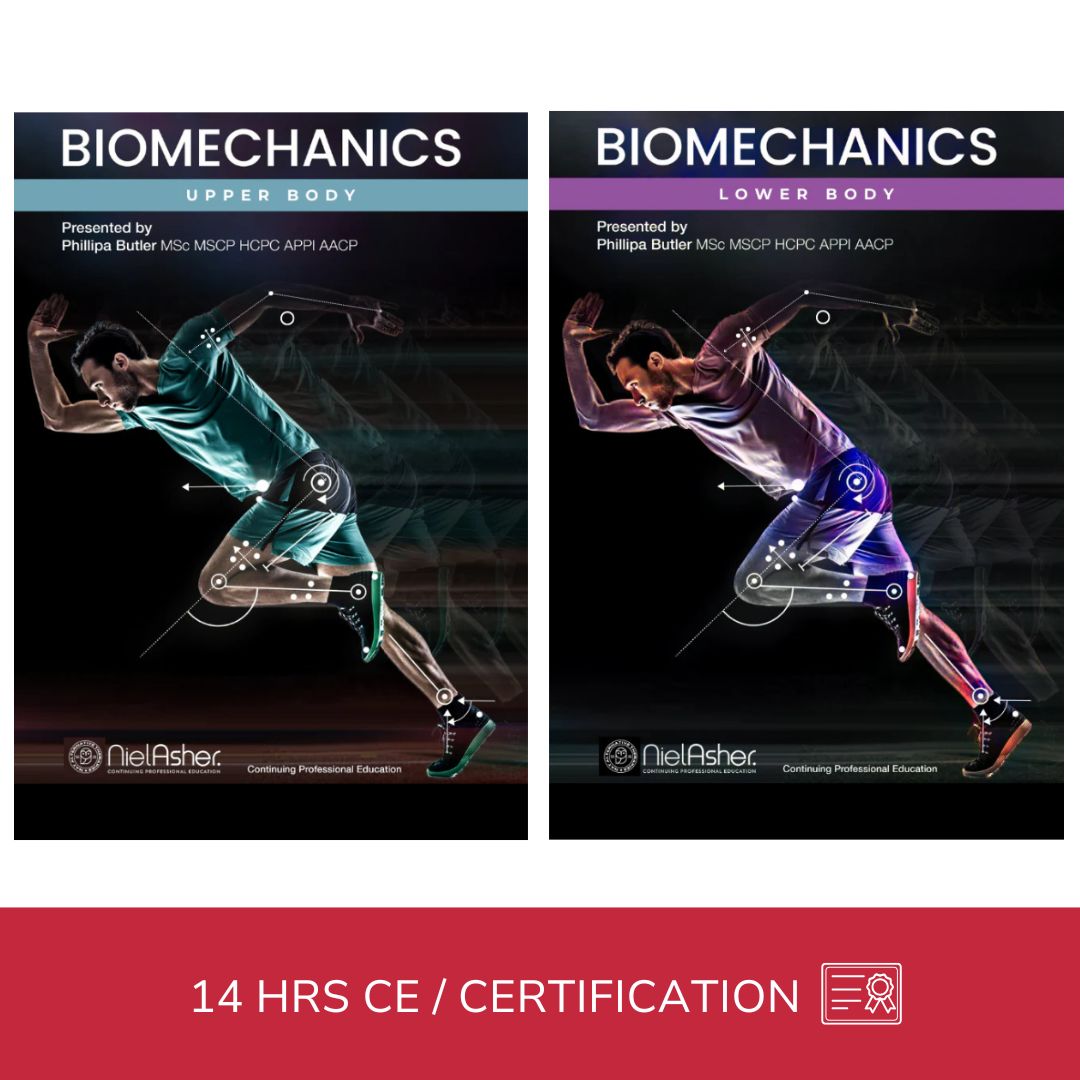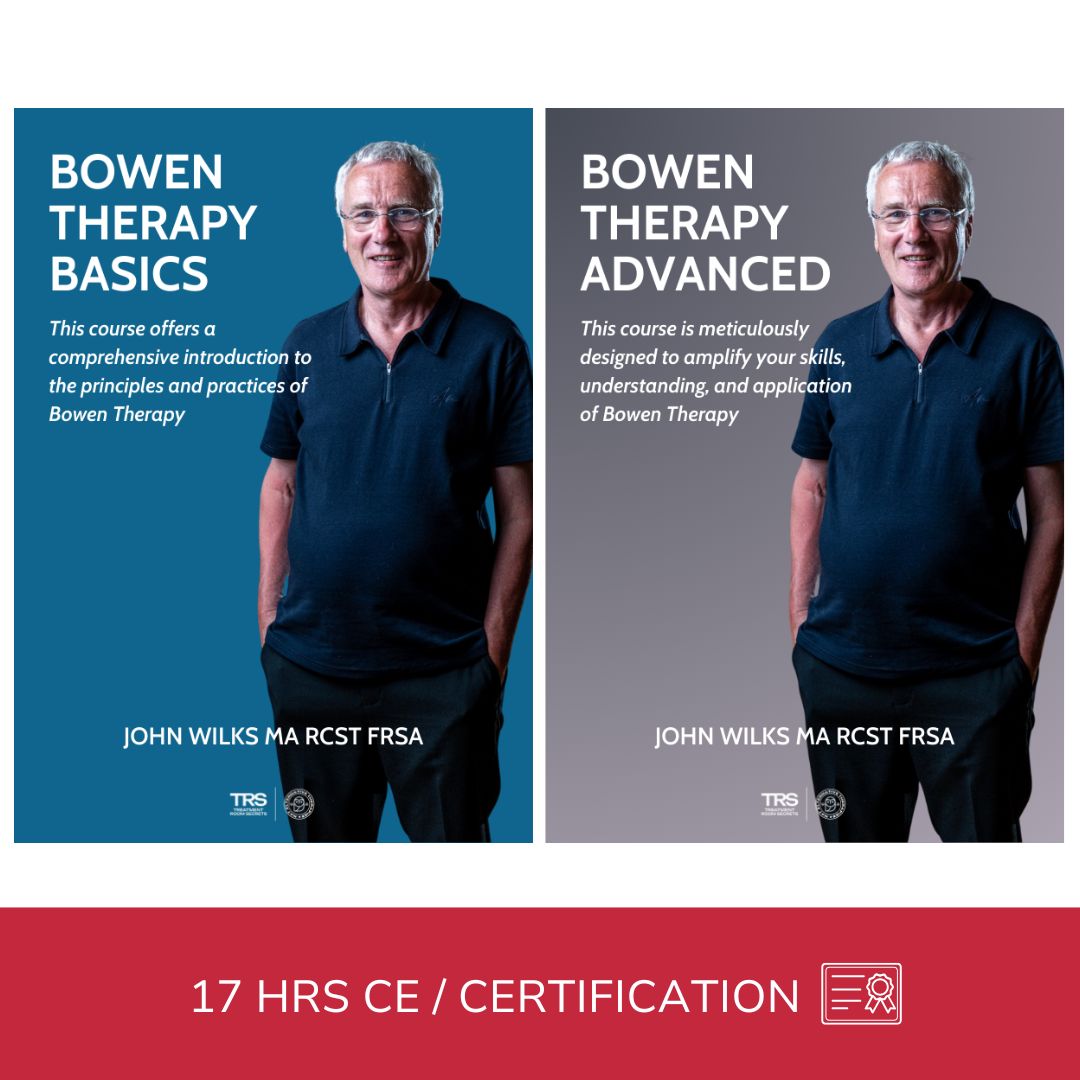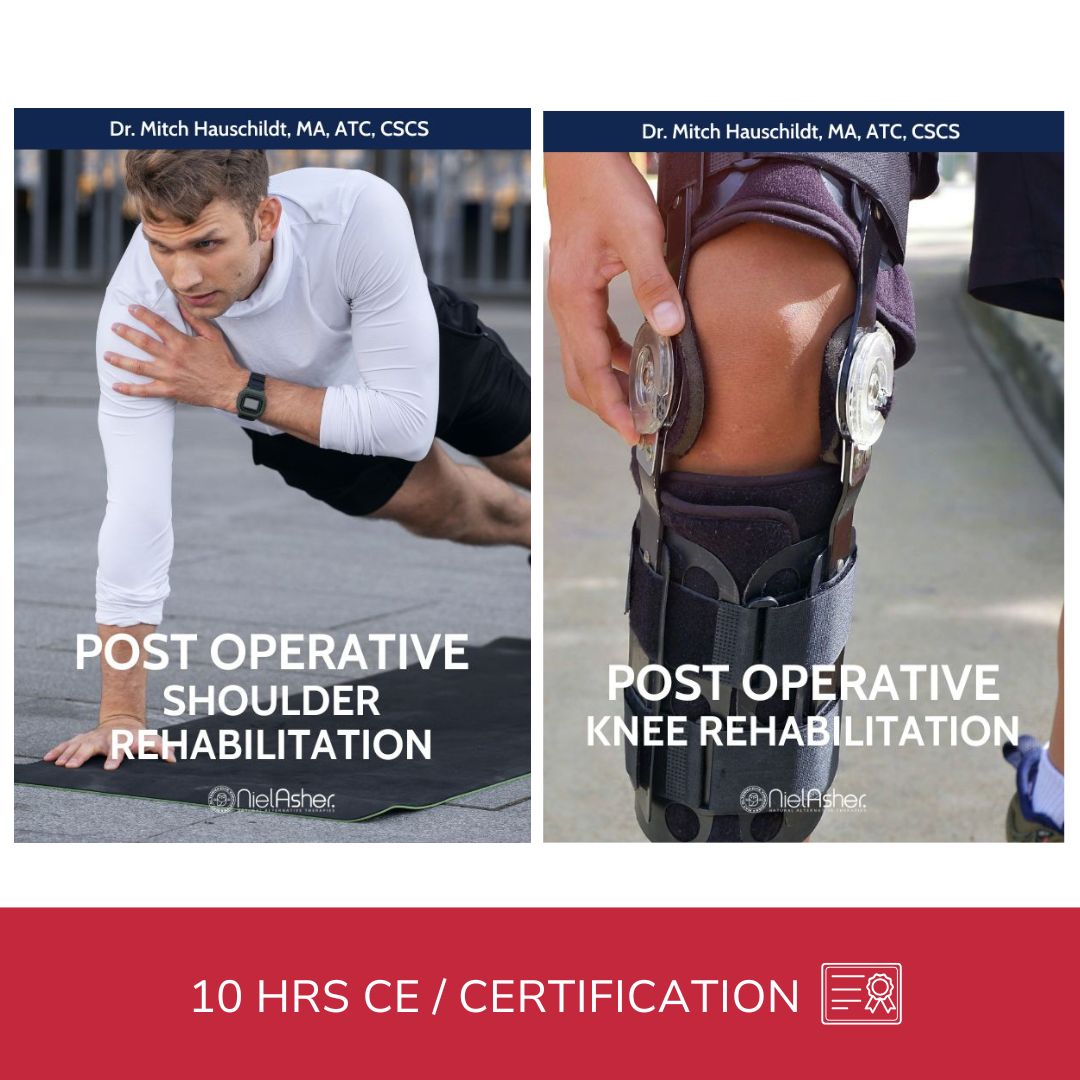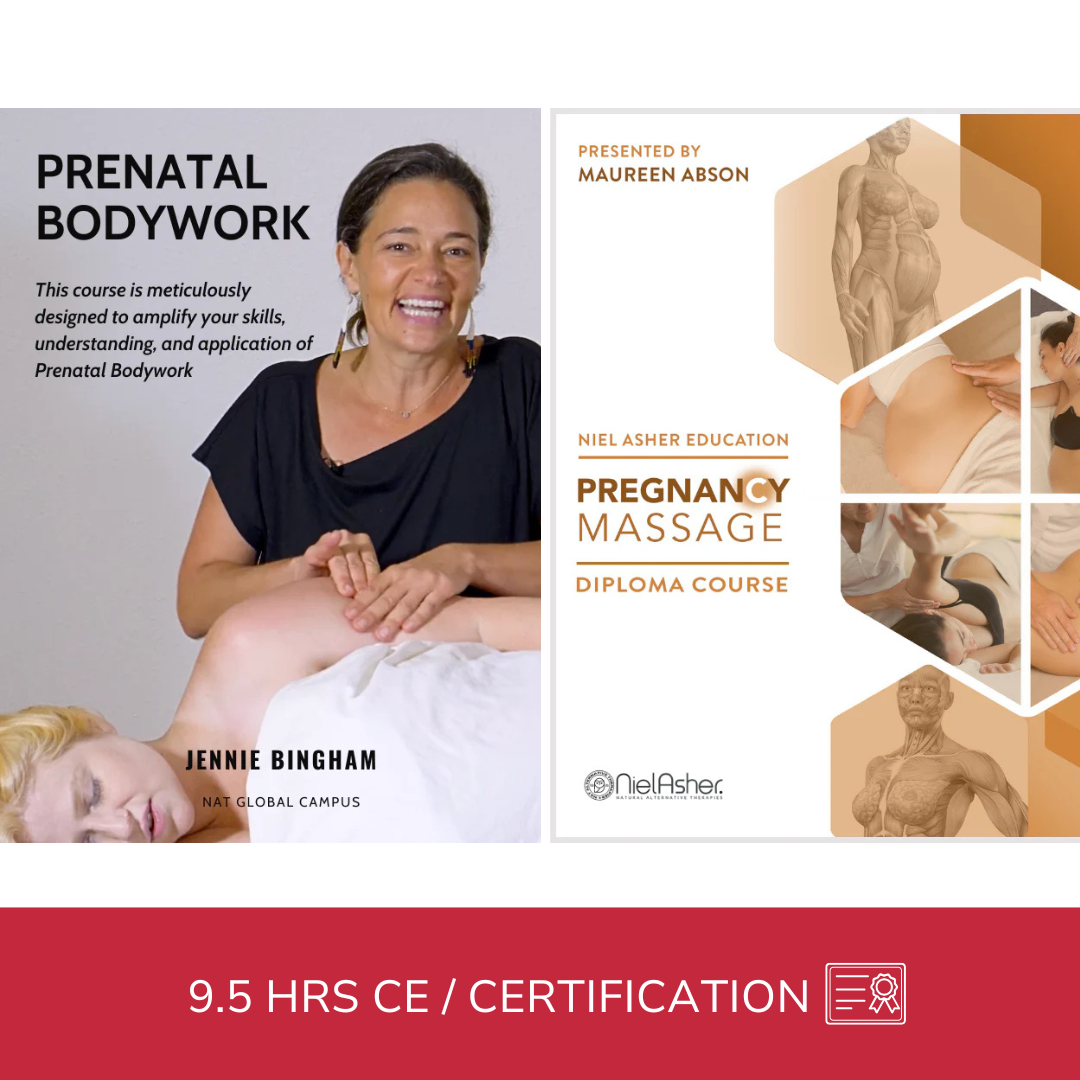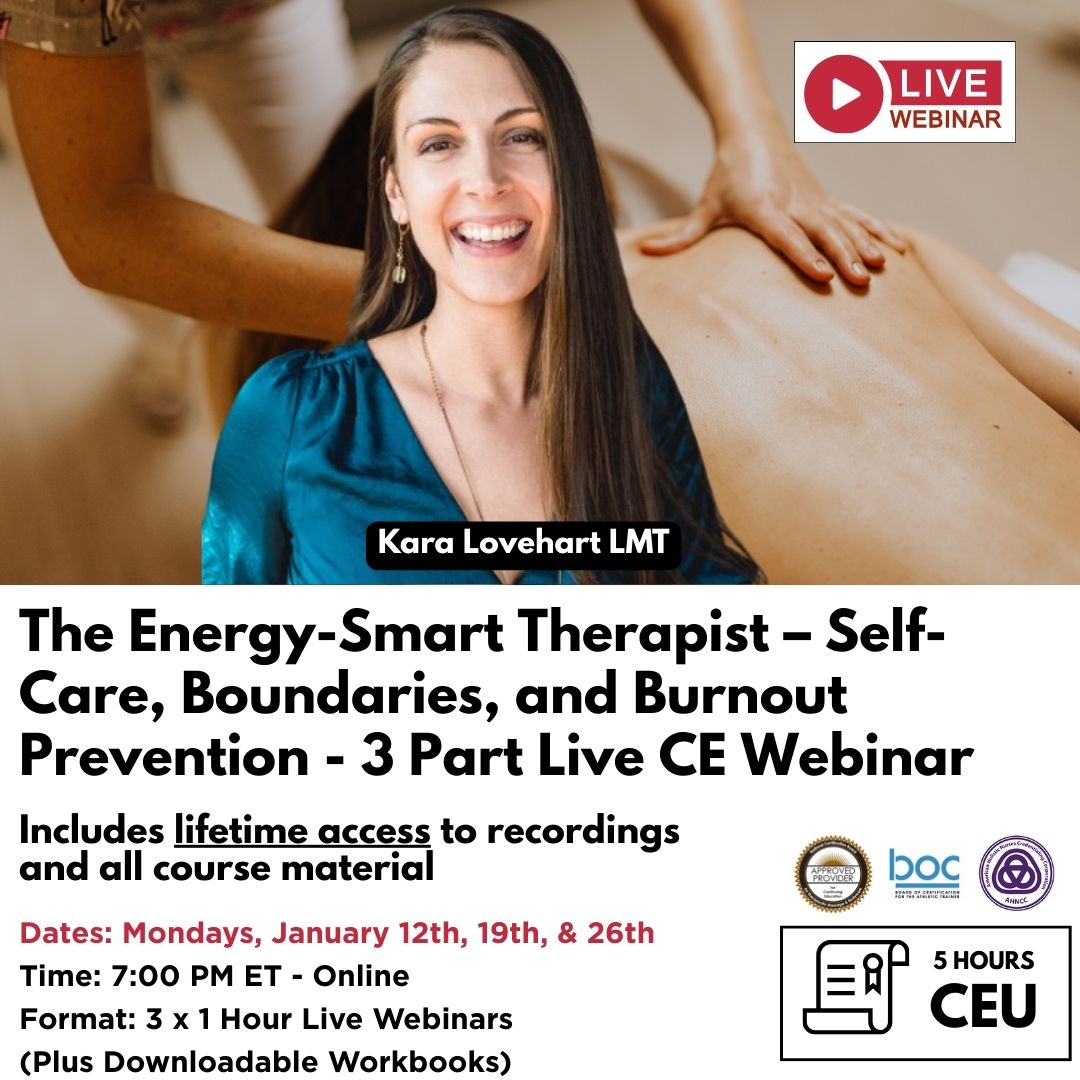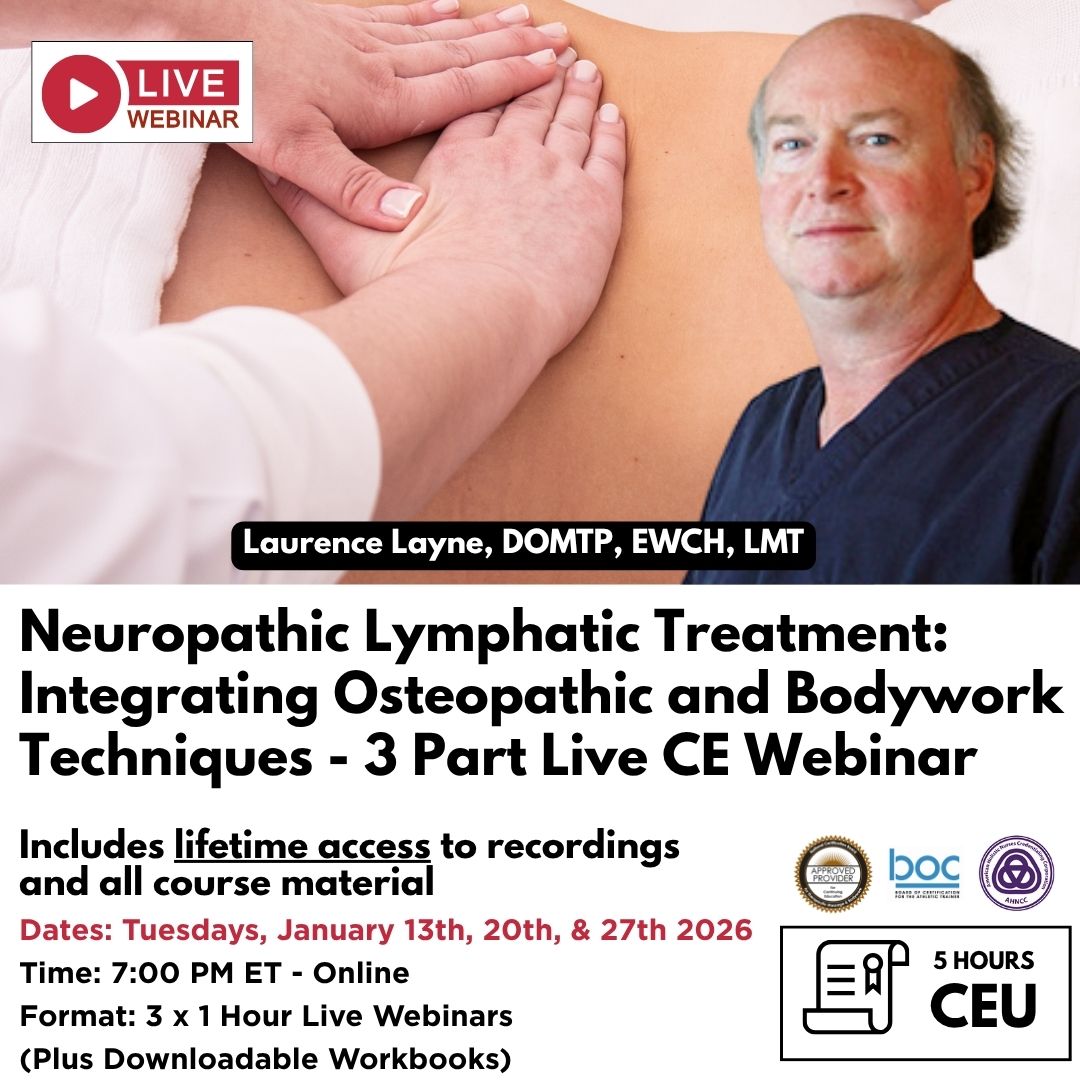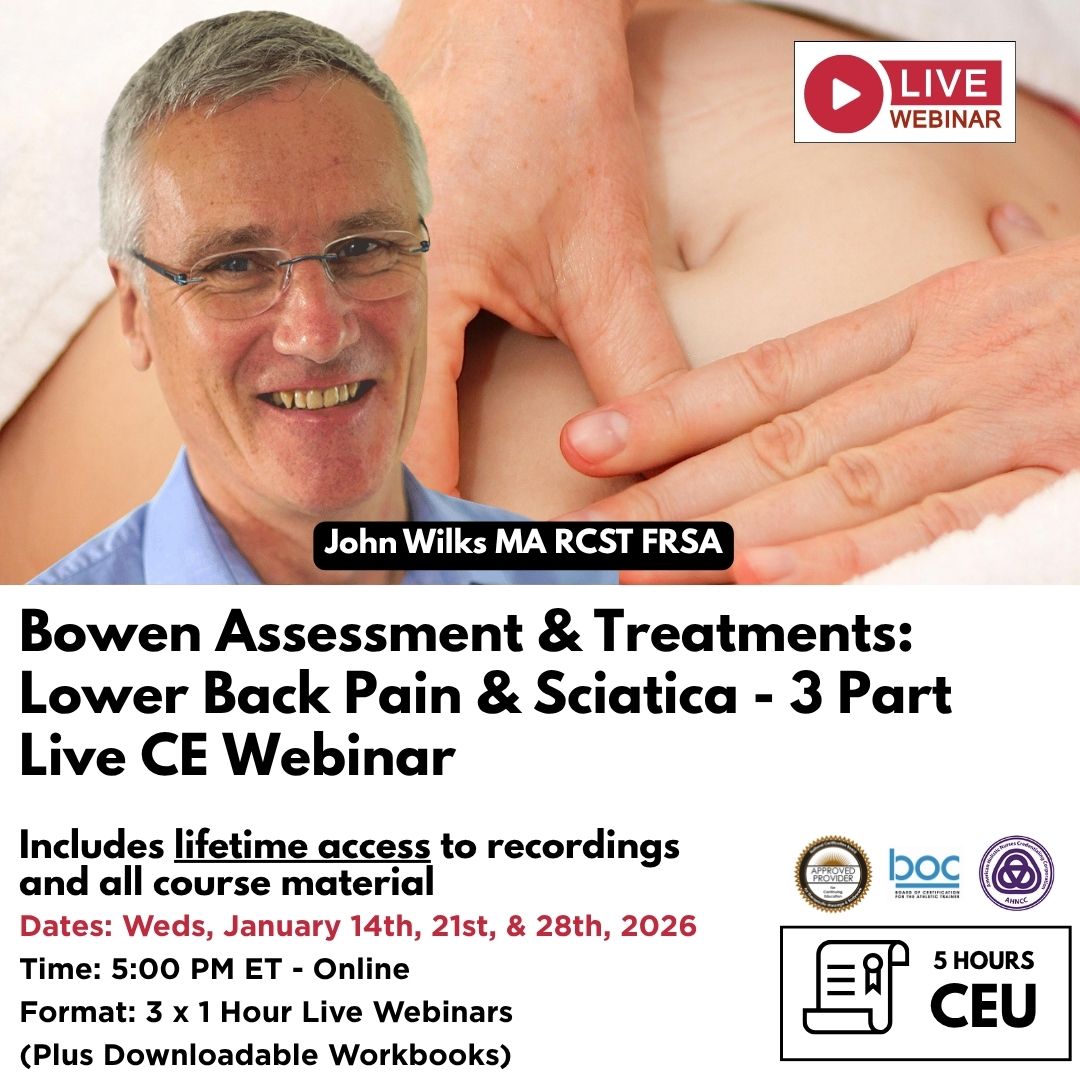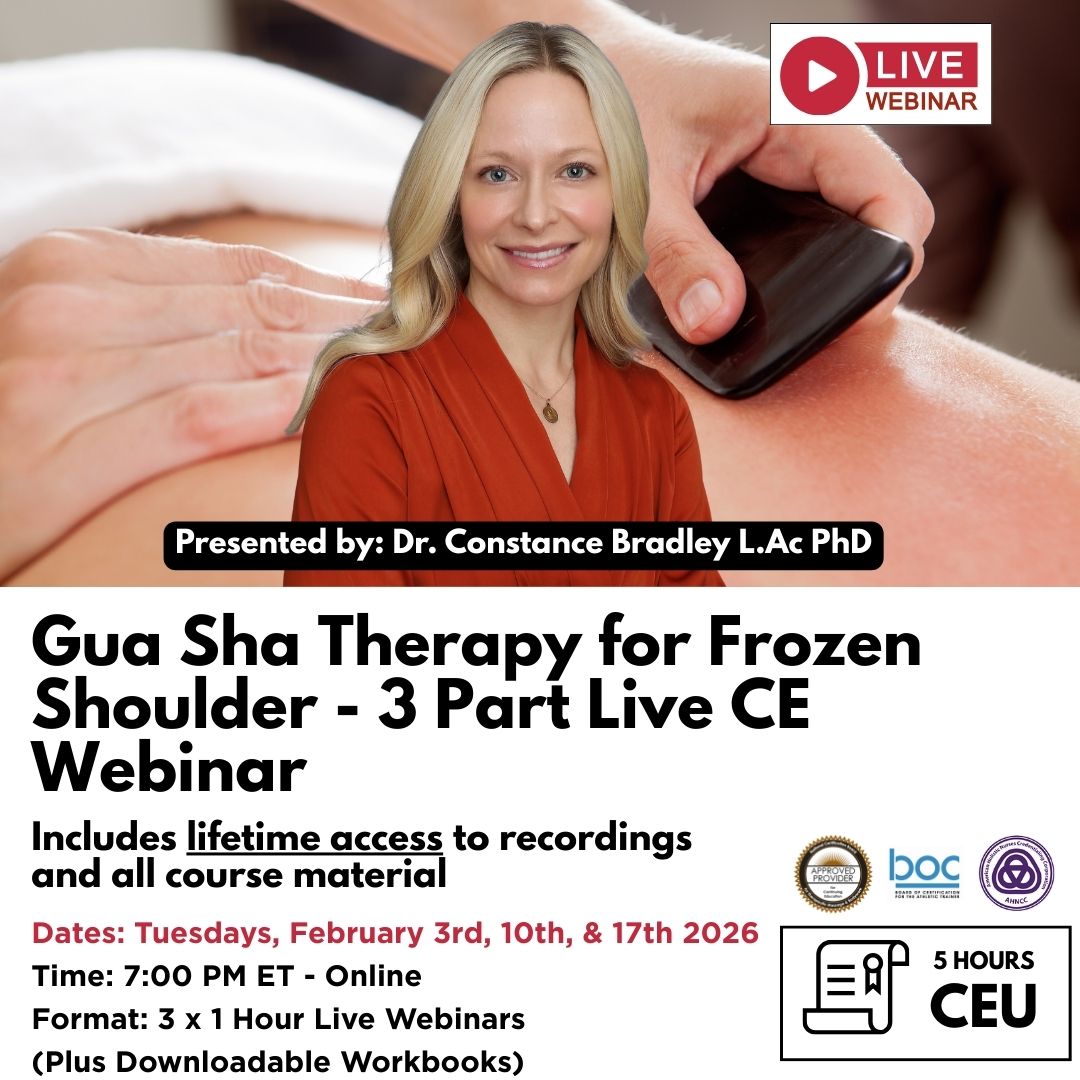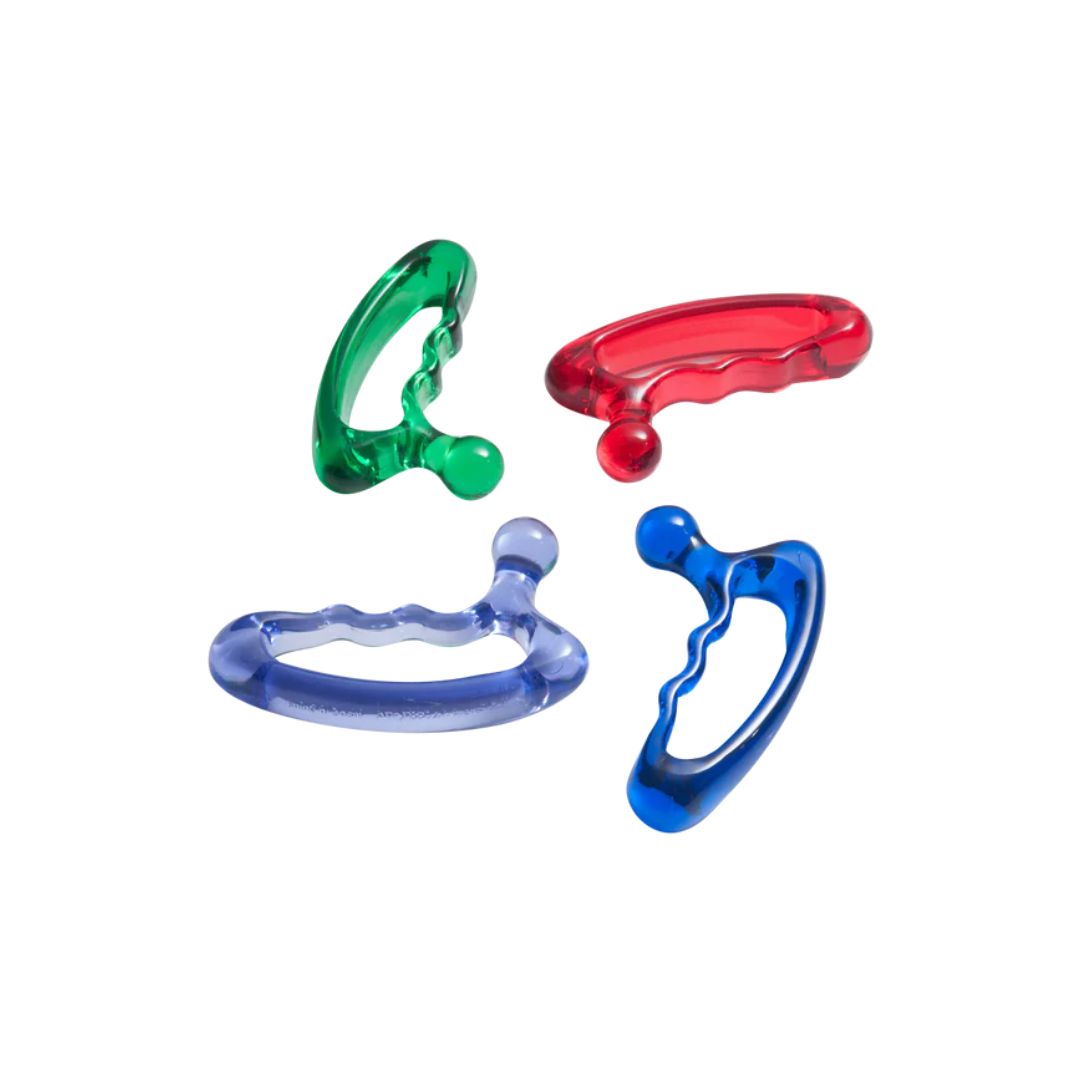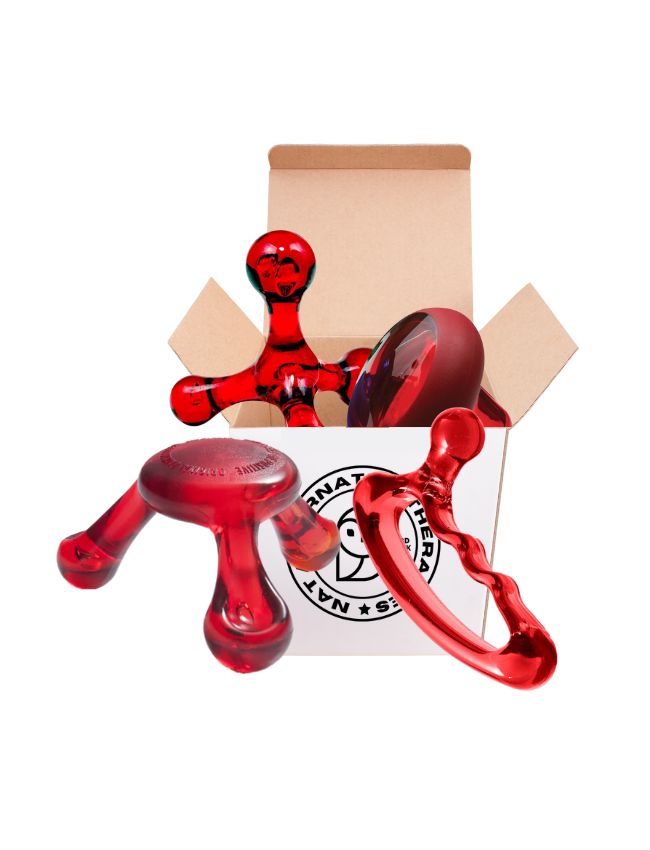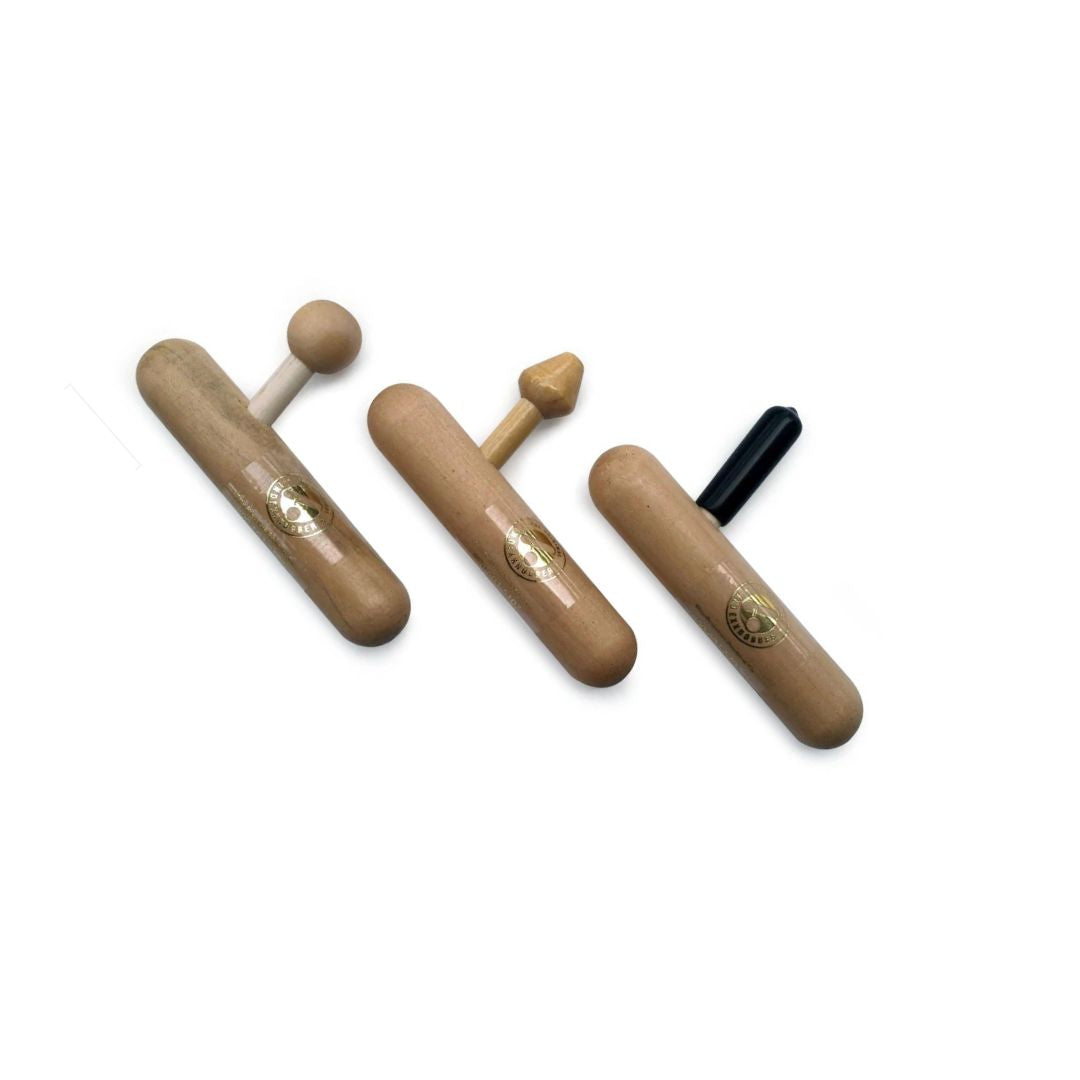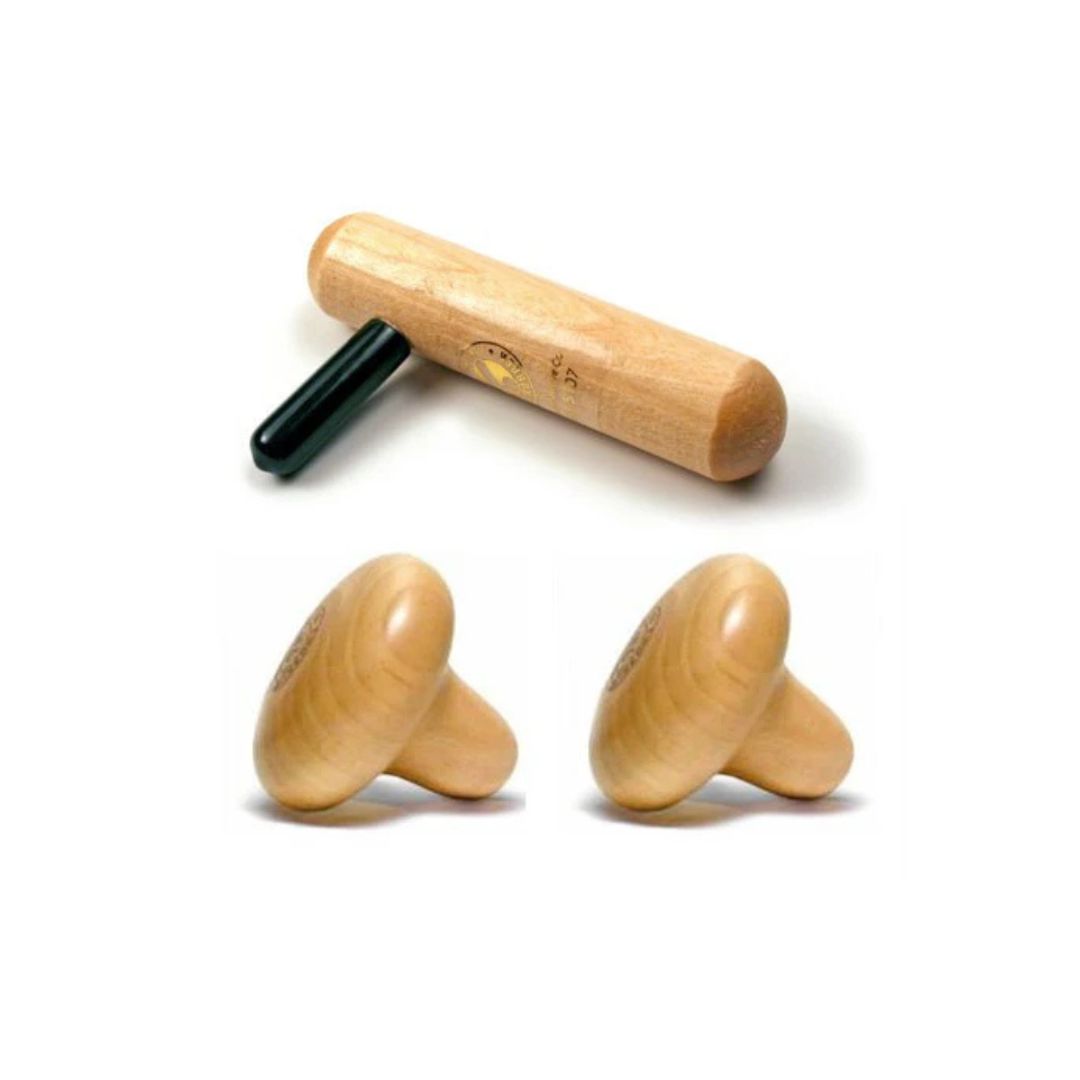Trigger Point Therapy | Treating the Scalenes | Release Techniques

Treating Scalenes trigger points can bring fast relief for some common painful disorders
Treating Scalenes Trigger Points - Dr. Jonathan Kuttner
The scalenes are a complex group of muscles with varying muscle fiber lengths, and therefore demonstrate the potential for many trigger points
Trigger points in the scalenes are associated with a number of upper body complaints and can also refer pain along the whole length of the arm down to the thumb and index fingers.
Some therapists are slightly afraid to work on trigger points in the scalenes as they sit close to several nerve trunks and blood vessels in the neck.
Excellent palpatory skills (and a lot of study and practice) may be required to successfully locate and treat these trigger points.

Scalenes - Trigger Points can be treated safely and effectively
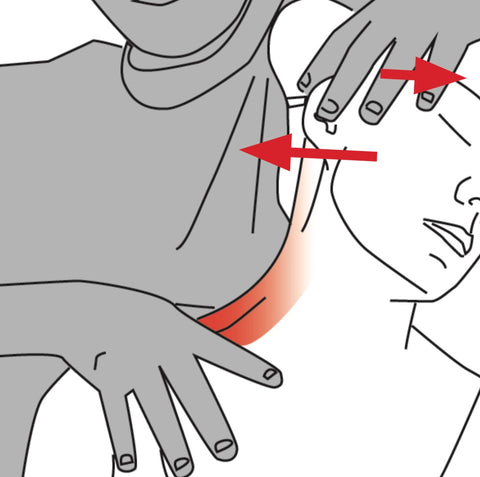
Stretching and Muscle Energy Techniques can be very useful
SCALENUS ANTERIOR, MEDIUS, POSTERIOR
Greek skalenos, uneven; Latin anterior, before; medius, middle; posterior, behind
Origin
Transverse processes of cervical vertebrae.
Insertion
Anterior and medius: 1st rib. Posterior: 2nd rib.
Action
Acting together: flex neck. Raise 1st rib during a strong inhalation. Individually: laterally flex and rotate neck.
Nerve
Ventral rami of cervical nerves, C3–C8.
Referred Pain Patterns
Anterior: persistent aching, pectoralis region to the nipple. Posterior: upper medial border of scapula.
Lateral: front and back of the arm to the thumb and index finger.
Indications
Back/shoulder/arm pain, thoracic outlet syndrome, scalene syndrome, edema in the hand, phantom limb pain, asthma, chronic lung disease, whiplash, “restless neck,” irritability, hyperventilation syndrome, panic attacks.
Common Causes
Posture (head forward or upper crossover patterns), anxiety, stress, pillow height, chronic lung problems, heavy lifting/bracing, allergies, playing musical (wind) instruments.
Differential Diagnosis
Brachial plexus. Subclavian vessels. Cervical discs (C5–C6). Thoracic outlet syndrome. Angina. Carpal tunnel syndrome. Upper trapezius. SCM. Splenius capitis.
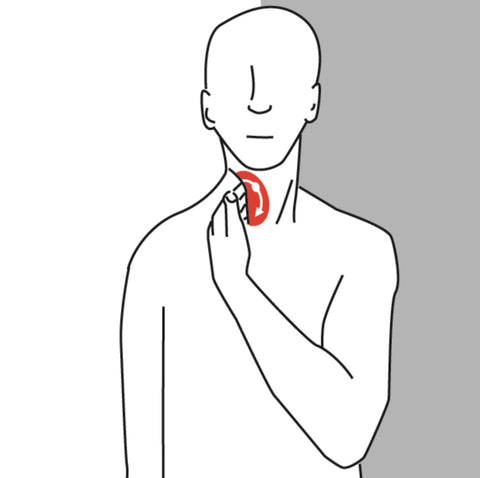
Self help compression techniques can help bring relief, but proceed with caution and seek professional advice before you start!
General Advice to Clients
Lifestyle - Use of pillows, avoid heavy backpacks, consider breast reduction in some cases, warm scarves in winter, avoid pulling and lifting.
Posture - head forward or upper crossover patterns can be treated with a combination of manual therapy and prescribed exercises.
Breathing - Hyperventilation syndrome is strongly associated with scalene syndrome. Breathing techniques from yoga and Butyeko method are worth exploring.
Links
More Articles About Levator Scapulae
Treating Chronic Neck Pain - NAT Online Course

NAT TRIGGER POINT THERAPY DIPLOMA COURSE
EDUCATION MEMBERSHIP PLANS
UNLIMITED ACCESS
FROM $19.95/monthly
This trigger point therapy blog is intended to be used for information purposes only and is not intended to be used for medical diagnosis or treatment or to substitute for a medical diagnosis and/or treatment rendered or prescribed by a physician or competent healthcare professional. This information is designed as educational material, but should not be taken as a recommendation for treatment of any particular person or patient. Always consult your physician if you think you need treatment or if you feel unwell.
About Niel Asher Education
Niel Asher Education (NAT Global Campus) is a globally recognised provider of high-quality professional learning for hands-on health and movement practitioners. Through an extensive catalogue of expert-led online courses, NAT delivers continuing education for massage therapists, supporting both newly qualified and highly experienced professionals with practical, clinically relevant training designed for real-world practice.
Beyond massage therapy, Niel Asher Education offers comprehensive continuing education for physical therapists, continuing education for athletic trainers, continuing education for chiropractors, and continuing education for rehabilitation professionals working across a wide range of clinical, sports, and wellness environments. Courses span manual therapy, movement, rehabilitation, pain management, integrative therapies, and practitioner self-care, with content presented by respected educators and clinicians from around the world.
Known for its high production values and practitioner-focused approach, Niel Asher Education emphasises clarity, practical application, and professional integrity. Its online learning model allows practitioners to study at their own pace while earning recognised certificates and maintaining ongoing professional development requirements, making continuing education accessible regardless of location or schedule.
Through partnerships with leading educational platforms and organisations worldwide, Niel Asher Education continues to expand access to trusted, high-quality continuing education for massage therapists, continuing education for physical therapists, continuing education for athletic trainers, continuing education for chiropractors, and continuing education for rehabilitation professionals, supporting lifelong learning and professional excellence across the global therapy community.
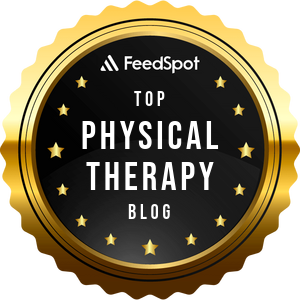
Continuing Professional Education
Looking for Massage Therapy CEUs, PT and ATC continuing education, chiropractic CE, or advanced manual therapy training? Explore our evidence-based online courses designed for hands-on professionals.


